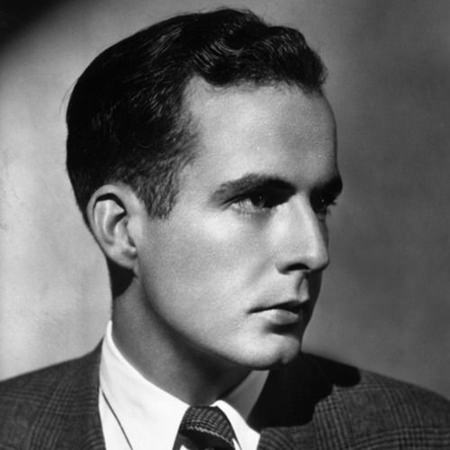
If you’re over a certain age, you may recall a popular French song entitled Les Trois Cloches, made famous by Edith Piaf and Les Compagnons de la Chanson. It’s more well-known by its English title, The Three Bells and in 1959 it became a huge hit for an American vocal trio called The Browns. At the time, I was very young, but the song appealed because it had a good tune, lovely harmonies and was hopelessly sentimental. Of course, the mawkish lyrics had much to do with that, and it’s easy to understand why songs or opera arias can arouse emotions, even tears. But I often wonder how music can create a huge emotional impact without the help of words. Perhaps Hans Christian Andersen hit the nail on the head when he wrote, “Where words fail, music speaks”.
I remember as a teenager becoming hopelessly weepy every time I listened to the yearning and passionate slow movement of the Rachmaninov Second Piano Concerto, though I could never understand why. Some years ago, UK’s Classic FM published a list of what was considered the “saddest music ever written”. Predictably, it contained the well-known lament from Purcell’s opera Dido and Aeneas. This incidentally, was my very first professional engagement, not singing the role of Dido you understand, but playing the cello part in the orchestra.
The Classic FM list also contained some purely instrumental works which included the slow movement from Elgar’s Serenade for Strings, Albinoni’s Adagio and the slow movement of Tchaikovsky’s Sixth Symphony. Oh yes, and there was the slow movement from Mahler’s Fifth Symphony, which leapt to fame after Luchino Visconti used it his 1971 movie, Death in Venice.
Where does sad music get its sadness from? Do you ask a composer or a cognitive psychologist? I suspect that few composers would know. But we have to be careful here, otherwise there’s a risk of over-simplifying and dividing music into “sad” and “happy” which of course would be nonsense. There are countless shades of meaning between and beyond these two words and as Beethoven wrote, rather pompously perhaps, “Music is a higher revelation than all wisdom and philosophy”.
It used to be thought that a minor key produces a sad effect but I don’t think that explanation holds much water. The well-known song My Favourite Things is in a minor key, and it’s anything but sad. The Rachmaninov movement which got me so lachrymose as a teenager is in a major key. And so for that matter, is the last movement of Mahler’s massive Third Symphony which is almost guaranteed to bring a tear unless you have a heart of stone. But whether it’s a tear of melancholy, sadness, joy, elation or ecstasy, I shall leave it to you to decide.
Gustav Mahler (1860-1911) Symphony No. 3 (last movement), Czech Philharmonic Orchestra cond. Václav Neumann, (Duration: 21.06; Video 720p)
This movement, although undeniably introspective and poignant, is in the bright sunny key of D major and was composed between 1893 and 1896. It’s probably the longest symphony ever written, running for about an hour and a half. Unusually, it has six movements instead of the more conventional four. Mahler originally gave each movement a title, implying that they were mildly descriptive. Strangely enough, before the symphony was published in 1898, he dropped all the titles, so he must have had a major change of mind.
The great conductor Bruno Walter wrote, “In the last movement, words are stilled, for what language can utter heavenly love more powerfully and forcefully than music itself?” The broad sweeping lines of the melodies touch the emotions in all sorts of ways and seem to grow organically, beginning very softly with a hymn-like melody which slowly builds to a loud, majestic and triumphant conclusion.
Samuel Barber (1910-1981) Adagio for Strings. Dover String Quartet. (Duration: 08:02; Video 1080p HD)
Barber was one of America’s most celebrated composers of the twentieth century. This piece was originally the slow movement of his String Quartet in B minor, written in Austria during 1935 and 1936. It would have probably remained obscure had not the conductor Arturo Toscanini urged Barber to arrange it for orchestra. The orchestral version has since become hugely popular and been used in several feature films. When the BBC launched a competition to find the “saddest music in the world”, Barber’s Adagio came at the top of the list.
This video shows a performance of the original version for string quartet, which to my mind sounds more intimate and emotional. Incidentally, the word “adagio” simply means “slowly” and this is an intense work which grows in power and volume from the start. Notice how the melody develops and how Barber uses silence for dramatic effect in the long pause after the climax at 05:58. For a moment, it seems like the end of piece. But it isn’t. Instead, Barber takes us back to that quiet place where we began our melancholy journey.
 |
 |
 |





